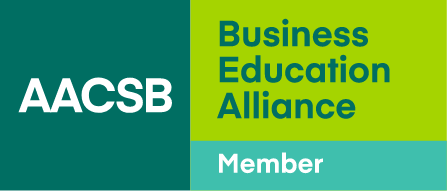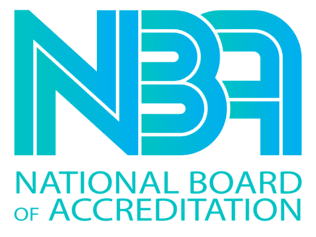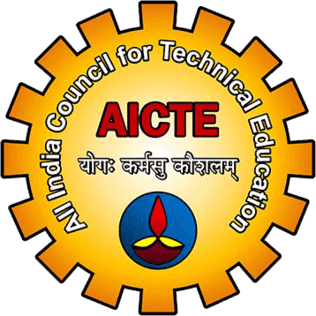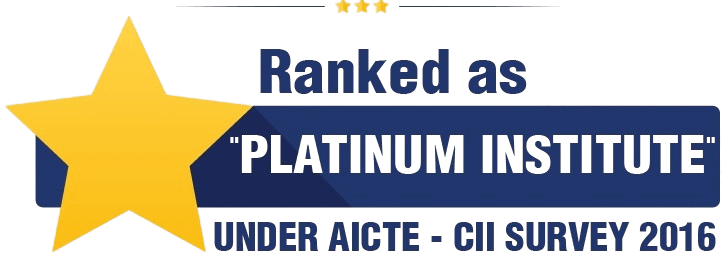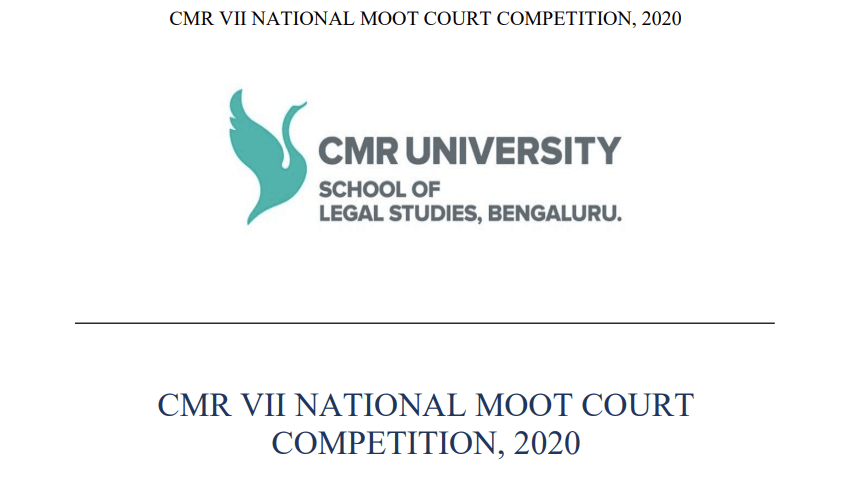CMR VII Virtual National Moot Court Competition, 2020: All You Need to Know
The School of Legal Studies, CMR University, Bengaluru, proudly presented its seventh edition of the National Moot Court Competition in a virtual format from
December 10th to 13th, 2020. This biennial flagship event provided a crucial forum for law students nationwide to showcase their legal prowess and advance their careers by arguing complex legal issues.
About CMR University School of Legal Studies
CMR University’s School of Legal Studies, established in 2003, is a pioneering institution dedicated to promoting legal education and research. It has consistently ranked among India’s top law colleges by leading national magazines. The school offers a variety of undergraduate, postgraduate, and doctoral programs, aiming for a holistic approach to legal education with an industry-approved curriculum and highly qualified faculty. Beyond academics, it organizes seminars, workshops, and significant events like the CMR International Law Conference and a biennial National Level Moot Court Competition.
Competition Details
Dates and Venue: The competition was held virtually via
Online Video Conferencing from December 10th to 13th, 2020.
Eligibility and Team Composition: Participation was open to bona fide law students enrolled in a three-year or five-year Law degree from any recognized institution in India. Each institution was permitted to register only one team, consisting of three members: two designated as ‘Speakers’ and one as ‘Researcher’.
Dress Code: Participants were required to be appropriately attired for all rounds. Robes and collar bands were not permitted. The strict dress code for the Inauguration, Oral Rounds, and Valedictory & Prize Distribution was:
- Gentlemen: Western Formals (White formal shirt with black formal pants and a black blazer).
- Ladies: Western Formals (White formal shirt with black formal pants/black formal skirt and a black blazer).
Memorandum/Written Submissions
- Requirement: Teams were required to submit Memoranda for both the Petitioner and the Respondent.
- Submission Deadline: The soft copy of both Memoranda had to be emailed to nmcc@cmr.edu.in on or before December 5, 2020, 11:59 PM.
- Penalties for Late Submission: Late submissions incurred a penalty of ’02’ points for each day of delay. The absolute last date for submission with penalties was December 7, 2020, 11:59 PM, after which submissions were not accepted. Teams failing to meet this deadline might have their Memorandum scores excluded from their total preliminary round scores.
- Format: Soft copies had to be formatted according to Rule 2.2 of the competition rules and converted to PDF.
- No Hard Copies: Participants were explicitly instructed not to submit any hard copies.
- Contents: Each Memorandum was required to include specific sections, starting with a Cover Page (including the Year of the Competition, Cause Title, Forum/Court, and designation as Petitioner or Respondent).
The Moot Problem: ZigmaCorp Media Networks Limited
The competition’s moot problem revolved around
ZigmaCorp Media Networks Limited (Zigma Media), a private unlisted company incorporated on February 26, 2011. As a wholly-owned subsidiary of Zigma Corporation, India (Zigma Group), the company engaged in various media businesses, including publishing, broadcasting, radio, film, entertainment, web portals, and internet-led media products. Headquartered in Mumbai, the Zigma Group, with nearly 14,000 employees, was a significant contributor to the Indian economy and the Digital India program, reporting a revenue of approximately INR 16,880 crores as of March 31, 2018.
Key elements of the problem included:
- Zigma TV & Zigma Money: India’s most-watched English news channels, launched as free-to-air services.
- Zigma Digital: A mobile application launched on an annual subscription basis, offering all Zigma Group content for a fee of Rs. 6999/-, envisioned as a platform for next-generation internet-based content.
- Journalistic Controversy: Zigma TV, advocating nationalism, faced criticism for breaking traditional journalistic norms and being a “highly opinionated right-wing political medium”.
- Banking Scandal & Defamation: The Reserve Bank of India placed Palm and Olive Cooperative Bank Limited (POC Bank) under directions due to mismanagement. Zigma Money and Zigma TV extensively covered this, blaming the State Government, leading to public pressure on various issues. The Chief Editor of Zigma Money, Mr. Chintan Swamy, made statements accusing the state government of “gross mismanagement and incompetence,” which later led to a Bombay High Court directive to reduce his rhetoric in TV debates.
- Internal Dispute & Privacy Concerns: An investigative journalist, Ms. Andrea D’Costa, resigned from Zigma Media after being sidelined for voicing concerns over Mr. Swamy’s journalistic style. Subsequently, a rival media company reported alleged major violations at Zigma Media, including privacy-related issues and non-compliance of Zigma Digital, though some allegations were dismissed as fiction. These concerns, however, led to a drastic increase in privacy concerns, causing users to uninstall the Zigma Digital app. Zigma Digital issued a press statement denying the allegations, asserting compliance with laws.
Participants were required to frame their own issues and prepare submissions for both sides of the case, challenging them to analyze complex legal arguments in a contemporary context.

